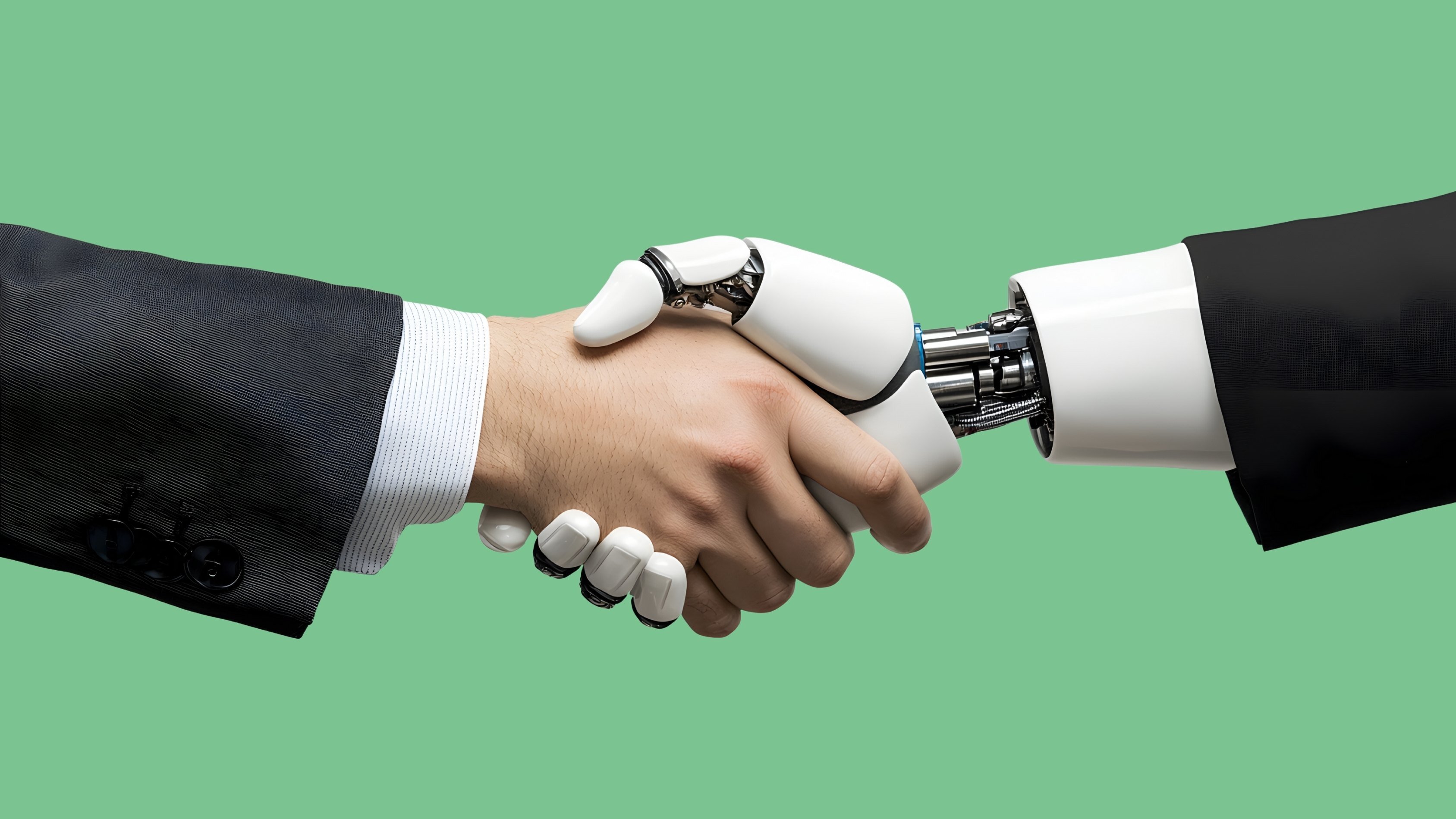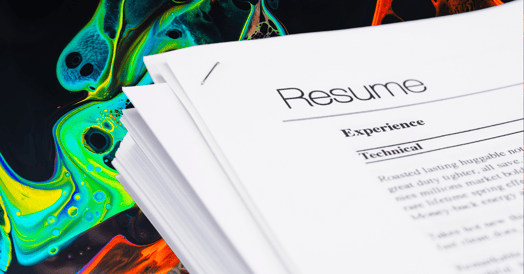You want a job, you send them your résumé. But that process has been upended by — what else? — AI.
- AI can quickly generate résumés customized to open positions, and even find and apply to numerous jobs for a candidate without them having to lift a finger.
- LinkedIn now sees an average of 11k applications submitted per minute, up 45% in the last year, per The New York Times.
Recruiters and hiring managers…
… must wade through a deluge of résumés from people who may not be qualified, interested, or even aware they applied.
It also opens the door for hiring bias (which machines adopt from humans) and fake applicants submitted by bad actors seeking access to install malware or commit fraud.
- Research and advisory firm Gartner predicts that 25% of job candidates will be fake by 2028.
And it’s hard to blame the jobseekers, who are responding to companies using AI to scan applications and even in preliminary interviews — which candidates could also accomplish using AI, resulting in AI interviewing AI, and, wow, what are we even doing here?
What’s the fix?
The problem isn’t necessarily that companies and jobseekers are using AI as a tool, but relying on it too much.
Even Anthropic — maker of Claude — has asked applicants not to use AI assistants during the application process so recruiters can learn about their personal interest in the job and evaluate “non-AI-assisted communication skills,” per Ars Technica.
Some seem to think the answer is more AI:
- LinkedIn launched a suite of tools — some AI-powered — to help suggest top candidates and match jobseekers to open roles, which LinkedIn says has reduced the rate at which they apply to low matches by 10%.
- Some AI systems can identify content written by AI, though they’re not always accurate.
But it may come down to good ol’ fashioned humanity and finding ways to identify, interview, and choose candidates in such ways that machines can’t replicate — like (ugh) networking.
Ultimately, both sides of the hiring coin will have to give — though career coach Jeremy Schifeling told the NYT that he thinks “a lot of people are going to waste a lot of time, a lot of processing power, a lot of money until we reach that realization.”












